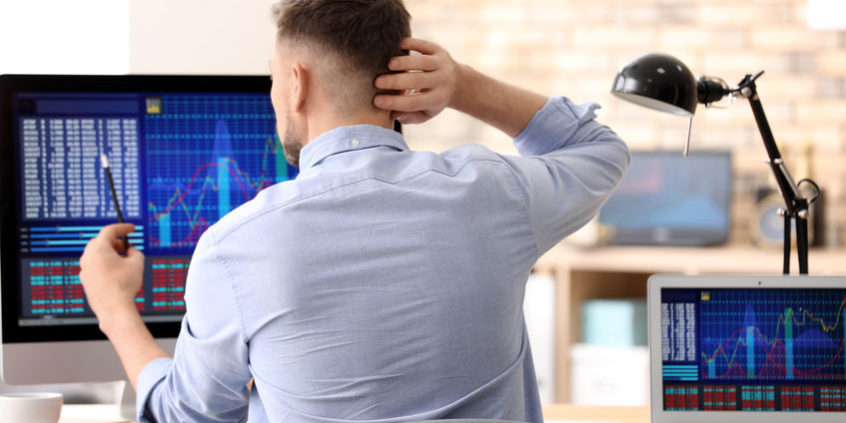The wall of worry is up, traders and investors are nervous and yet the stock market rises on bad news. You might be wondering what on earth is going on, and you are not alone.
It makes no sense for the stock market to go up when it is under extreme duress. Investors are risk averse, and no one is eager to jump back in after suffering through the recent crash. Why be the first one in? Who wants to catch a falling knife?
This is why the stock market rises on bad news
Many people are confused when the stock market rises on bad news. Just look the last three Thursday sessions in April. First-time unemployment claims were released on each of those days. We saw record filing levels with more than 25 million people making first-time claims. Job growth over the last ten years was wiped out. Those numbers are just staggering, but the markets rallied sharply higher after those dismal numbers were released.
The stock market rises on bad news, because it is not looking at today – it is looking six to eight months into the future. For years, it has served as an accurate predictor of economic activity in the US. Today’s awful economic news, dismal earnings reports, and sobering covid updates are already embedded in current stock prices.
Perhaps the stock market believes data is improving or that it reflects a temporary situation. Perhaps the markets sniffed out this bad economic data in advance. The answer is likely yes, as equity markets fell around 33% in less than a month (from late February to late March).
If you’re worried about the current economy, it’s understandable. It’s been nearly 90 years since the Great Depression began, and some of our economic data is being compared to that period. There is nothing pretty about it, but with a sharp advance off the recent lows, perhaps the stock market sees less bad down the road – for now.




















